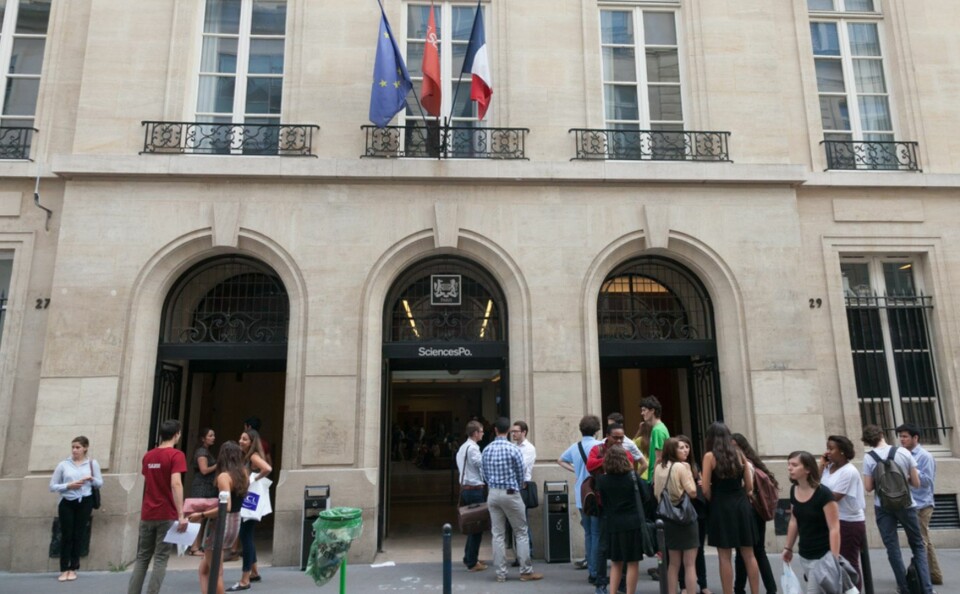-
Rugby vocabulary to know if watching the Six Nations in France
From un tampon to une cathédrale, understand the meaning of key French rugby terms
-
Duck Cold! Four French phrases to use when it is freezing outside
We remind you of French expressions to use to describe the drop in temperature
-
When and why do we say le moral dans les chaussettes?
We explore this useful expression that describes low spirits
Five ‘grandes écoles’ and why they are considered important in France
The top universities in France are extremely competitive where graduates can become leaders in business, science and government

In France, most students emerging from the baccalauréat go on to do a degree at one of the perfectly adequate public universities, or get a qualification from another institution of higher education, or simply start work.
Anyone who really wants to fly high and has the brains and determination necessary, will not bother with such routine options. He or she would rather compete for admission into one of the country’s grandes écoles (great schools).
Everyone knows what a grande école is although there is no precise definition.
Around 230 of them are members of the Conférence des Grandes Écoles but several are not.
Read more: Why does France lag behind in the Shanghai Ranking of universities?
What they all have in common is that they are turbo-charged universities which are unashamedly elitist.
Entrance is extremely competitive and may require a year or two of preparation. Acceptance is the prelude to a demanding workload but the reward is considered worth it.
Graduates of the grandes écoles staff the higher echelons of business, science and government.
There are a great many schools offering an education in engineering, the various sciences, business, economics and technology. There are also specialised grandes écoles for architecture, the decorative arts, archaeology and other subjects.
Here are five of France’s ‘great schools’:
1. École Normale Supérieure Paris
There are four ENS in France, the best known being in the capital. There is another one near Paris, and one each in Lyon and Rennes.
Some of the students are civil servants who are dubbed ‘normaliens’.
2. École Nationale de Chartes
The name means literally the “national school of charters” as old documents and the methods of historical research are the subject matter.
Chartes trains the nation’s civil servant archivists and curators who will work in archives and museums across the land.
3. École Nationale d’Administration (ENA)
For decades it was the incubator of the administrative and governing classes until it was abolished on December 31, 2021, fulfilling part of Emmanuel Macron’s first presidential election manifesto.
The ENA was often seen as a place of privilege and elitism.
Its graduates, who usually went on to run government, are known as énarques and include President Macron himself.
It has been replaced by l’Institute National de Service Public (INSP).
Read more: How significant is abolition of ENA, France's elite finishing school?
4. Institut d’études politiques de Paris (Paris Institute of Political Science)
It is generally known as ‘Sciences Po’.
The study of politics is considered a guaranteed stepping stone to a share of power. Several recent presidents have been graduates.
There are other Sciences Po in Bordeaux, Toulouse and elsewhere.
5. École de Guerre (School of War)
The army, air force and navy have their own separate grandes écoles.
This one brings all the services together as part of the École Militaire (Military School) at the end of the Champ de Mars (home of the Eiffel Tower) in Paris.
It prepares trainees to assume command of a regiment or equivalent.
Related articles
Five places in France with a connection to Richard the Lionheart
Five aristocratic titles that still exist in France today
Five places in France that are called the ‘end of the world’
























